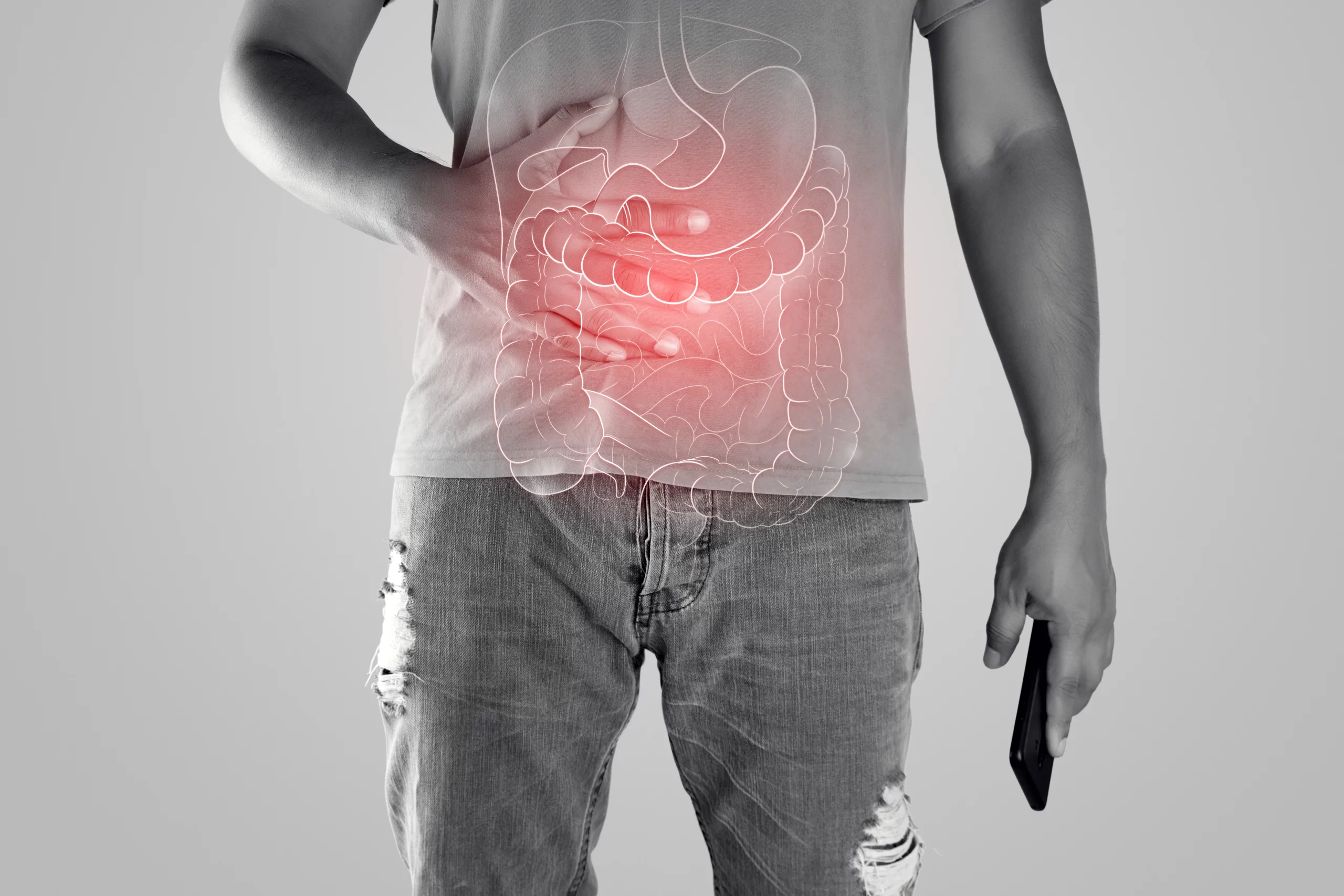Constipation is the frequent passage of hard stools, often with straining, a sensation of incomplete evacuation and perianal or abdominal discomfort.
When a person passes less than three bowels a week or has difficulty in passing stool is constipation. It is due to various disorders. Constipation is a common problem sometimes it responds to taking increased dietary fibre content or bulking agents with adequate fluid intake.
CONCEPT OF AYURVEDA
Constipation is considered ‘Vibhandha’ according to Ayurveda. Vibhandha means obstruction. It occurs due to the imbalance of Vata dosha. Apana Vayu is a type of Vata that regulates downward movement. Due to the imbalance of Apana Vayu movement is obstructed and constipation occurs.
CAUSES OF CONSTIPATION
Common causes of constipation
- lack of dietary fibre
- lack of water intake or reduced fluid in the body (dehydration)
- lack of exercise
- Changes in daily routine due to travelling, eating, sleeping and resisting the urge to defecate.
Gastrointestinal tract causes
- Altered motility for example in irritable bowel syndrome
- Structural cause in colonic carcinoma, diverticulitis, Hirschsprung’s disease (congenital absence of ganglion causes failure to relax the internal anal sphincter.
- Obstructed defecation due to anal fissure, Crohn’s disease, colonic atresia, rectocele etc…
Non-Gastrointestinal causes:
- Neurological causes such as multiple sclerosis, parkinsonism, spinal cord Injury, stroke etc…
- Metabolic or endocrine causes such as hypercalcaemia, hypothyroidism, hyperparathyroidism etc…
- Other medications
MOST FREQUENTLY CONSTIPATION OCCURS
- Older age due to less active, slower metabolism and less muscle contraction of the gastrointestinal tract.
- Women due to pregnancy and after childbirth due to hormonal changes constipation occurs, it is relieved by some laxatives.
SYMPTOMS OF CONSTIPATION
- The Stool becomes hard and dry.
- Bowel movement is painful and difficult to pass stool.
- Feeling that not fully emptied your bowel.
- Stomach aches and cramps.
- Distension and bloating of the abdomen.
- Hard stool with straining
- Perianal and abdominal discomfort.
WHAT ARE THE INVESTIGATIONS DONE ON CONSTIPATION
It is not necessary to investigate, most cases are responses to dietary fibre supplements and laxatives.
Middle-aged or elder patients with short history also having rectal bleeding, pain or weight loss must be investigated.
- Barium enema
- Colonoscopy
Others include:
- digital rectal examination
- proctoscopy and sigmoidoscopy
- Routine biochemistry: full blood count, calcium and thyroid function are examined.
If normal for one-month dietary fibre supplements and laxatives continued
If symptoms persist examine the colon by barium enema or colonoscopy done for any other structural disease.
WHAT ARE THE COMPLICATIONS OF CONSTIPATION
- Haemorrhoids (piles): it is due to the congestion of venous plexuses around the anal canal. Swollen and inflamed vein.
- Anal fissure: superficial tear in the anal mucosa most commonly in the midline posteriorly, with spasm of the internal anal sphincter.
- Faecal impaction: obstruction of hardened stool in the rectum or lower colon due to chronic constipation.
- Rectal prolapse: due to chronic constipation a part of the large intestine comes out through the anus.
- Diverticulitis: inflammation or infection of one or more small pouches in the digestive tract.
TREATMENT
- Dietary fibre supplement
- Laxatives are given such as
- bulk forming laxatives
- stimulant laxative
- faecal softeners
- osmotic laxatives.
- If other causes are affected they should be managed.
- Infants also suffer from constipation, they may not have bowel movements for 5-7 days. prunes act as a laxative for infants. After that also there is no bowel movement consult a doctor for further management.
LINE OF TREATMENT ACCORDING TO AYURVEDA
- Nidana Parivarjana: avoid the causative factors like low fibre diet, physical inactivity, low water intake etc…
- Shamana Chikitsa (palliative treatment): Triphala Choornam, Gandharvastyadi Eranda Tailam, Sukumara Eranda Tailam, Abhayarishtam, Hinguvashtaka Choornam.
- Samshodhana Chikitsa (bio cleansing therapy)
- Snehapana and Snehana (internal medication and external oil application)
- Swedana(fomentation therapy)
- Virechana (purgation therapy)
- Vasti (enema therapy)
- Phalavarti (medicated suppositories)
YOGASANA AND PRANAYAMA
- Sarvangasana
- Vajrasana
- Katichakrasana
- Pavanamukthasana
- Kurmasana
- Savasana
PRANAYAMA
- Anulomvilom
DIET AND LIFESTYLE OF CONSTIPATION
- Avoid taking tea, coffee and alcohol
- Drink warm water early morning.
- Eat fruits and vegetables rich in fibre content.
- Eat whole grains such as whole wheat rice, brown bread etc…
- Drink plenty of liquids
- Do regular exercise
- Don’t suppress your natural urges.
- While sitting on the toilet the position will be rising feet, leaning back and squatting position it relieves from obstruction.


